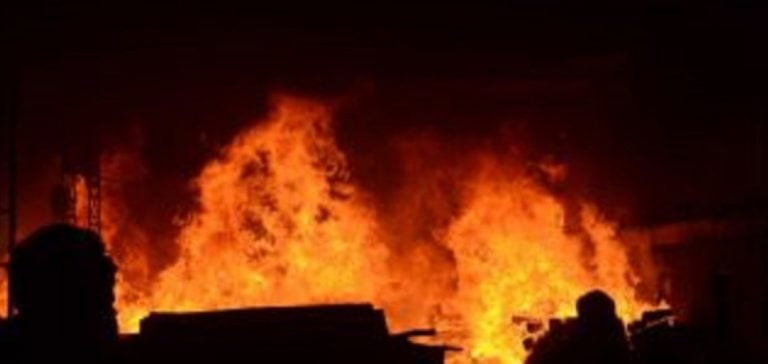An explosion at a gas field under construction in Uzbekistan has killed at least four people and injured a dozen others.
This tragic incident, which was initially played down by the authorities, highlights the risks associated with exploiting natural resources in a country rich in hydrocarbons.
Recent events also highlight the safety and crisis management challenges facing Uzbekistan’s energy sector. The explosion took place in the south of the country, near Boïssoun, and was preceded by another disaster on September 1, which had already released hydrogen sulfide, a highly toxic gas.
According to the state agency Uza, the victims of the explosion were specialists working on the site.
Some 7,000 people are currently involved in the construction of a gas-chemical complex financed by foreign investment, which is expected to produce up to five billion cubic meters of gas a year.
This situation raises questions about worker safety and risk management in a rapidly expanding sector.
Authorities’ reactions and local impact
The authorities reacted by ordering the closure of schools and the evacuation of gas field employees.
A resident of Boïssoun reported that the smell of gas was perceptible even inside houses, causing concern among the local population.
Testimonies from residents complaining of nausea and headaches after the first explosion were relayed by local media, highlighting a possible underestimation of health risks by the authorities.
The Ministry of Emergency Situations initially assured that the situation was under control and that no injuries had been reported.
However, this statement was called into question by testimonies from the population, who expressed concerns about the transparency of the information provided by the authorities.
The management of this crisis raises questions about crisis communication and the responsibility of companies operating in the energy sector.
Economic and geopolitical context
Uzbekistan, rich in natural resources, is attracting the attention of major powers such as Russia, China and the European Union.
The country is seeking to develop its energy sector, while facing structural challenges and governance issues.
Recent incidents highlight the tensions between the need to exploit these resources and the imperatives of safety and sustainability.
Eriell, the company responsible for operations at the field, has announced that it has plugged the well with the help of specialists from the USA and Russia.
This international collaboration underlines the importance of partnerships in the energy sector, but also raises questions about Uzbekistan’s ability to manage its own resources autonomously and securely.
Future prospects
Recent events could have repercussions on Uzbekistan’s attractiveness as an investment destination in the energy sector.
Companies must now assess the risks associated with exploiting resources in an environment where worker safety and crisis management are paramount.
The need to improve safety and transparency standards is becoming ever more pressing, for local players and foreign investors alike.
Tragic incidents such as this underline the importance of a proactive approach to risk management in the energy sector.
Companies must not only comply with safety regulations, but also adopt a safety culture that puts worker protection first.
Recent events in Uzbekistan illustrate the complex challenges facing the energy sector, as it balances development opportunities with safety imperatives.
How the country manages these crises could influence its economic future and its position on the international stage.






















